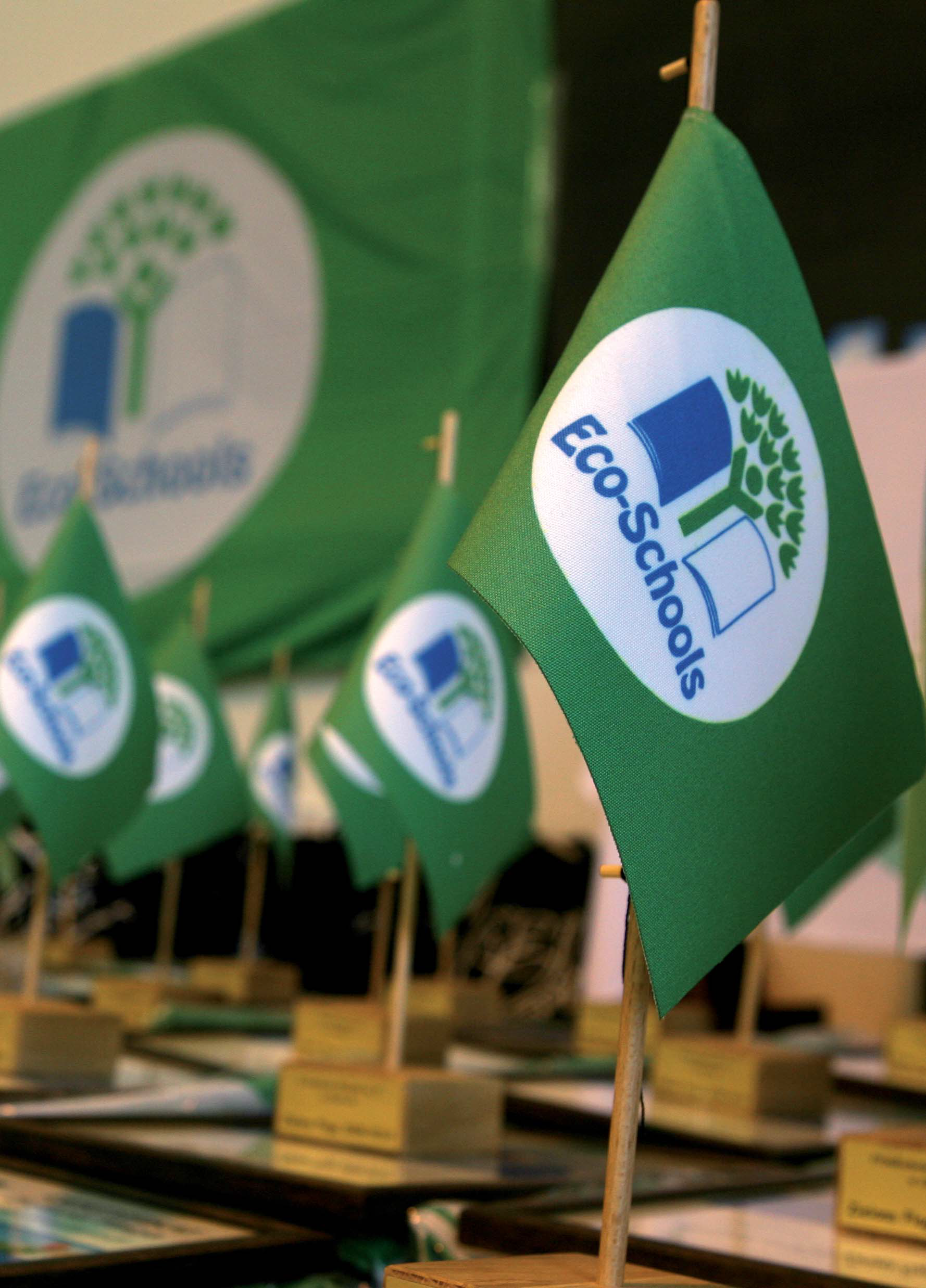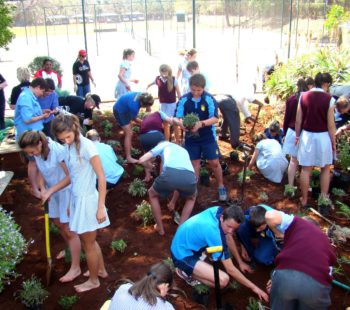THE PROGRAMME IN A NUTSHELL
Eco-Schools was created in Denmark in 1994 by the Foundation for Environmental Education (FEE), following the Earth Summit in Rio in 1992. Today, it is the largest international accreditation and education for sustainable development (ESD) programme in the world. It helps schools to make a commitment to operating in a more sustainable way, while encouraging young people to play a proactive role in society.
As an educational programme, Eco-Schools encourages practical actions but also puts ESD at the heart of the process by supporting numerous links to school curricula. By bringing the whole school community together around a shared project, it encourages reflection and cooperation between various groups on the school staff, pupils and their parents. As a result, it encourages everyone involved in the life of the school to take part in the project at every level.
Supported by UNESCO and the United Nations Environment Programme (UNEP), Eco-Schools is an Award Scheme linked to the Sustainable Development Goals 2015-2030 and is recognised all over the world. The programme offers participating schools the opportunity to take part in exchanges and share their experiences as part of the national and international Eco-Schools network. Today, schools all round the world are taking action on sustainable development through the Eco-Schools programme.

